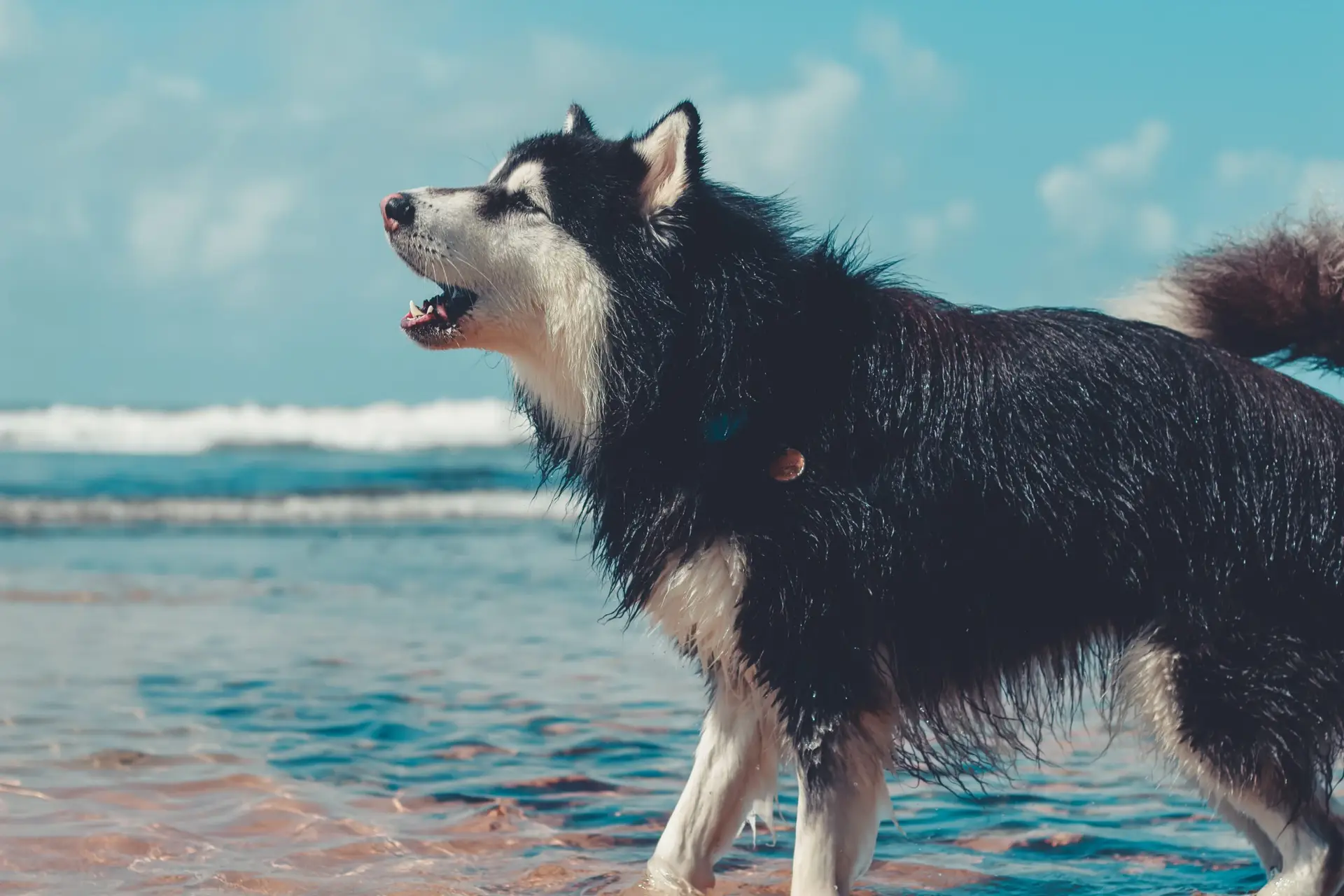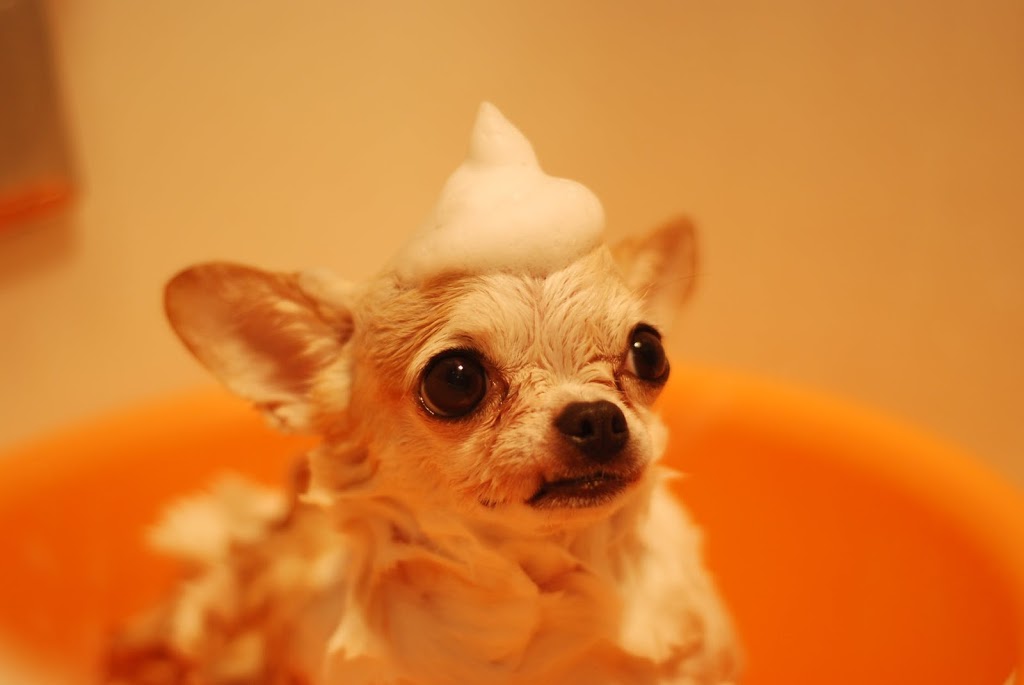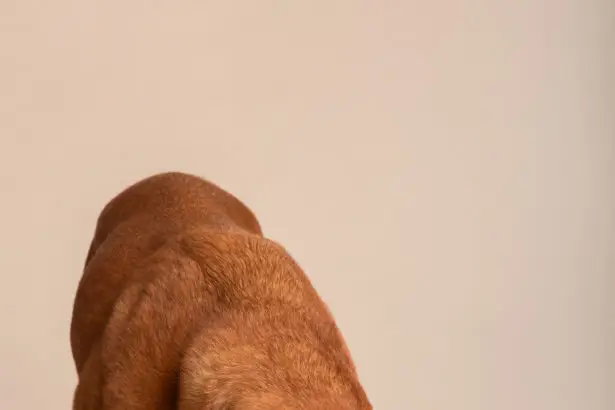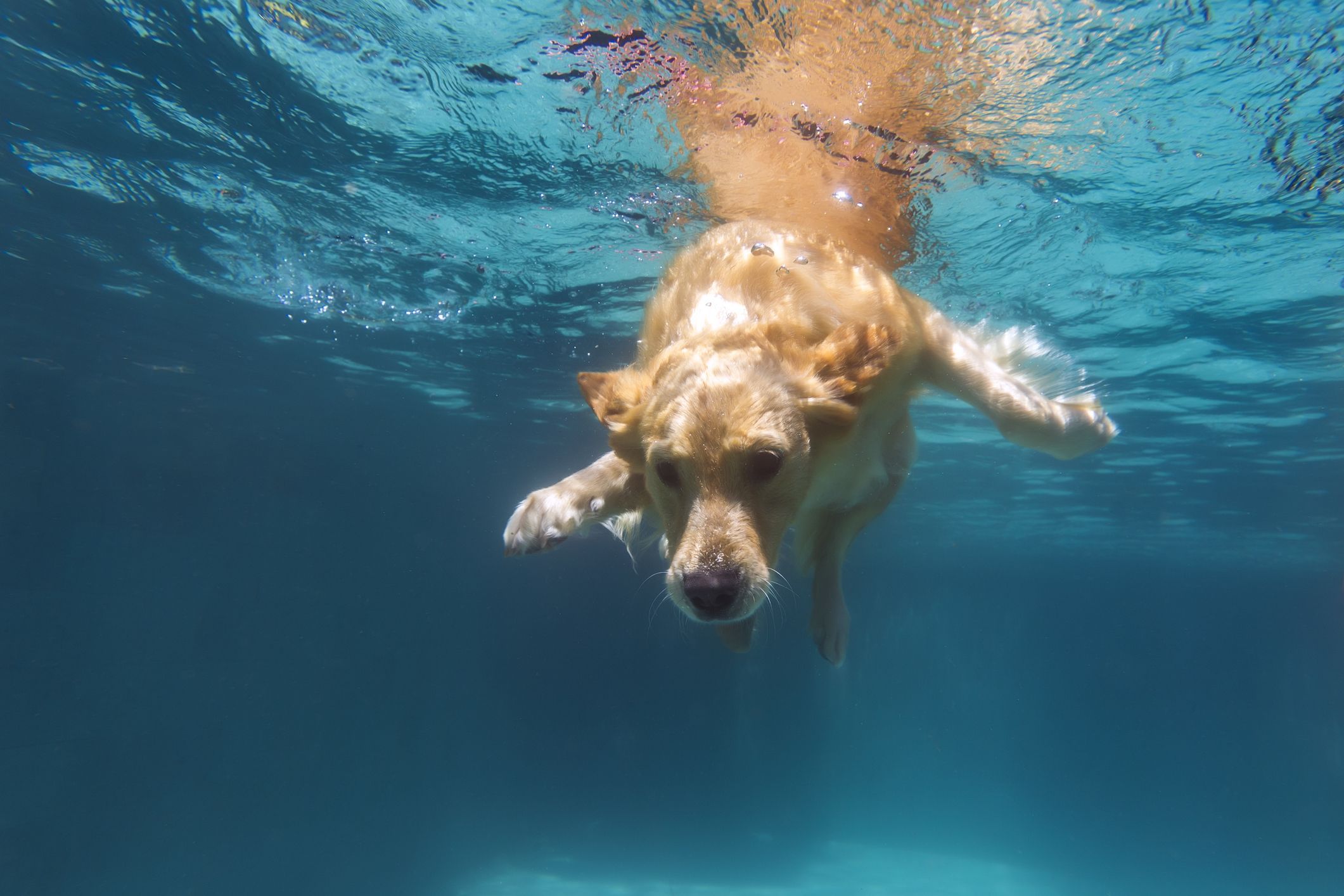How husky barks, howls, and yowls have become defining traits of this beloved breed. While huskies are not known to be excessive barkers, they are more vocal in other ways, often communicating through their unique vocalizations.
Huskies are a popular and beautiful breed of dog with a diffrent types of husky breeds, known for their striking appearance and unique personalities. But beyond their good looks, their vocalizations have earned them the nickname of “singing dogs.” So, join us as we explore the fascinating world of husky vocalizations and gain insight into the mood and behavior of these captivating canines.
The Sounds Huskies Make
Huskies are not just known for their physical appearance but also for their unique vocalizations. When it comes to sounds, huskies have a variety of different noises they make. Here are the main sounds huskies make:
Huskies Barking:
Although huskies are not known to be excessive barkers, they do bark, especially when they are alerting their owners to potential danger. Huskies may bark when they sense a stranger approaching the house or when they hear a loud noise.
Huskies Howling
Howling is one of the most distinctive sounds huskies make. Huskies are known to howl when they are excited, anxious, or when they hear other dogs howling. Howling is a form of communication that huskies use to express their emotions and to communicate with other dogs and their owners.
Huskies Yowling
Yowling is a sound that is similar to howling, but it is lower in pitch and often more prolonged. Huskies may yowl when they are in pain or when they are trying to get their human’s attention.
Huskies Whining
Whining is a high-pitched sound that huskies make when they want attention or when they are feeling anxious. Huskies may whine when they are left alone or when they are separated from their humans.
Reasons Why Huskies Bark, Howl, and Yowl
Now that we know the different sounds that huskies make, let’s explore the main reasons why they bark, howl, and yowl.
To Communicate
Huskies are highly social animals, and they use vocalizations to communicate with other dogs and their humans. When huskies howl, they are communicating with other dogs in the pack. Howling is a way for them to stay in touch with other dogs and to signal their location. When huskies yowl, they are trying to communicate with their humans. Yowling is often a sign that huskies want attention or that they are in distress.
To Express Emotions
Huskies are emotional animals, and they use vocalizations to express their feelings. When huskies are excited or happy, they may howl or bark. When they are feeling anxious or scared, they may whine or yowl. Howling is also a way for huskies to express their independence and personality.
- Separation Anxiety: Huskies are known to develop strong bonds with their owners and can suffer from separation anxiety when left alone for too long. When this happens, they may bark, howl, or yowl to express their distress and seek comfort from their owners.
- Boredom: Huskies are intelligent and active dogs that need plenty of exercise and mental stimulation to stay healthy and happy. When they become bored or restless, they may bark, howl, or yowl to release pent-up energy or to try and get their owner’s attention.
To Alert Their Owners
Huskies are protective animals, and they use vocalizations to alert their humans to potential danger. When huskies bark, it is often a sign that they sense something is wrong. Huskies may bark to warn their owners of an intruder or to signal that something is out of place.
Response to Other Dogs
Huskies are social animals that have a strong pack mentality. They have been bred for thousands of years to work and live closely with other dogs and humans. As a result, huskies have developed a complex system of vocalizations that they use to communicate with their pack, including other dogs.
When huskies encounter other dogs, they may howl or yowl in response to establish dominance or communicate with the other dog. Howling and yowling can also be a way for huskies to signal their location to other dogs or to invite them to play.
In some cases, huskies may howl or yowl in response to the sound of other dogs howling or yowling. This is because howling is a natural behavior for dogs and can be triggered by certain sounds or stimuli. When one dog starts howling or yowling, it can trigger a response from other dogs in the area.
It’s important to note that not all huskies will howl or yowl in response to other dogs. Some huskies may be more vocal than others, while others may be quieter and more reserved. The level of vocalization may also depend on the individual dog’s personality, breed, and training.
Overall, the response to other dogs is just one of the many reasons why huskies may bark, howl, or yowl. By understanding the different reasons behind their vocalizations, owners can better interpret their dog’s behavior and respond accordingly.
Genetic Traits
Huskies vocalizations are actually rooted in the husky’s genetics. They have a long history as sled dogs, which means they were bred to communicate with other dogs and humans over long distances. Howling was a particularly effective way to communicate, and huskies have retained this trait to this day.
In addition to their vocalizations, huskies also have a unique personality that sets them apart from other breeds. They’re known for being independent and intelligent, which can sometimes make them a bit stubborn or difficult to train. However, with proper socialization and training, huskies can be incredibly loyal and loving companions.
While genetics play a role in a husky’s behavior, it’s important to remember that environment and training are also crucial factors. Owners can help to shape their husky’s behavior and reduce unwanted vocalizations by providing proper socialization and training.
Overall, huskies are a fascinating breed with a lot of unique traits. Their vocalizations are just one of the many things that make them so special, and understanding the reasons behind their howling, yowling, and barking can help owners better communicate with and care for their furry friends.
Training Your Husky Not to Bark Excessively
While huskies are not known to be excessive barkers, some may develop a habit of barking too much. If your husky is barking excessively, it’s important to address the issue as soon as possible. Here are some tips to help train your husky not to bark excessively:
- Identify the triggers that cause your husky to bark excessively. Is it when they are left alone, when they see strangers, or when they hear loud noises? Once you know the triggers, you can work on addressing them.
- Usepositive reinforcement to reward your husky when they don’t bark excessively. When your husky is calm and quiet, give them treats or praise to reinforce this behavior.
- Provide plenty of exercise and mental stimulation for your husky. A tired and mentally stimulated husky is less likely to bark excessively.
- Teach your husky the “quiet” command. When your husky barks, say “quiet” and wait for them to stop barking. When they stop barking, reward them with treats or praise.
- Consider enrolling your husky in obedience training. A professional dog trainer can help you teach your husky good behavior and discourage excessive barking.
Conclusion
Huskies are a unique breed of dog known for their vocalizations. While huskies are not known to be excessive barkers, they do bark, howl, and yowl to communicate with their humans and express their emotions. Understanding why huskies bark and how to train them not to bark excessively can help you build a strong and positive relationship with your furry friend.






